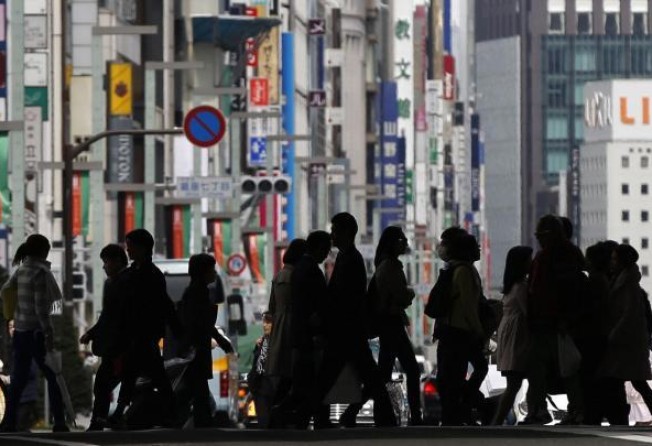
Kuroda begins 'fast and furious' easing
New governor of Bank of Japan pledges unprecedented levels of monetary easing to end deflation, prompting a sharp fall in the yen

Bank of Japan governor Haruhiko Kuroda began his onslaught to end two decades of economic stagnation and 15 years of deflation as the central bank pledged unprecedented easing, driving the yen down by the most since October 2011.

Stocks surged as Kuroda won investors' confidence in a campaign to revive the world's third-biggest economy, mired in three recessions in the past five years. The bank set a two-year horizon for the price target under a "new phase of monetary easing".
Wall Street edged higher as robust action by the Bank of Japan and supportive remarks by US officials indicated that equity markets would continue to be propped up, but gains were capped by data showing US jobless claims unexpectedly rose.
The Dow Jones Industrial Average was up 33.29 points, or 0.23 per cent, at 14,583.64 while the Standard & Poor's 500 Index was up 4.68 points, or 0.3 per cent, at 1,558.37.
"It's fast and furious," said Takuji Okubo, chief economist at Japan Macro Advisors. "The specific mention of a two-year time horizon was a positive surprise."
The Nikkei-225 Index rose 2.2 per cent and is now up 45 per cent from mid-November. The yen slid 2.6 per cent to 95.45 per US dollar, the largest one-day decline since October 2011. Yields on 10-year Japanese bonds hit a low of 0.425 per cent.
The Bank of Japan said it changed the target for money-market operations from the overnight call rate to the monetary base - cash in circulation and the money that financial institutions have on deposit at the central bank. It predicts the measure will grow to 270 trillion yen by the end of next year.
The bank dropped limits on the maturities of debt it buys. The average remaining maturity of government bonds to be bought will be about seven years under the new plan, compared with less than three previously.
At stake is sustaining growth. Lawmakers can question Kuroda today on his tactics, during his second set of confirmation hearings in parliament.
Under a so-called banknote rule, the Bank of Japan had pledged to keep the value of its bond holdings below the amount of cash in circulation, excluding securities held under its asset-purchase programme. That guideline is "temporarily suspended", the bank said.
The new policies will "lead Japan's economy to overcome deflation that has lasted nearly 15 years", it added.
"Kuroda has embarked on an experiment of whether boosting the monetary base can prop up economic growth and eradicate deflation," said Hiroaki Muto, an economist at Sumitomo Mitsui Asset & Management.
Former central bank board member Atsushi Mizuno last month said more bond purchases could inflate a market bubble, while Kazumasa Iwata, a former deputy governor, deemed the two-year goal as impossible.
Prices excluding fresh food have not risen 2 per cent in any year since 1997.